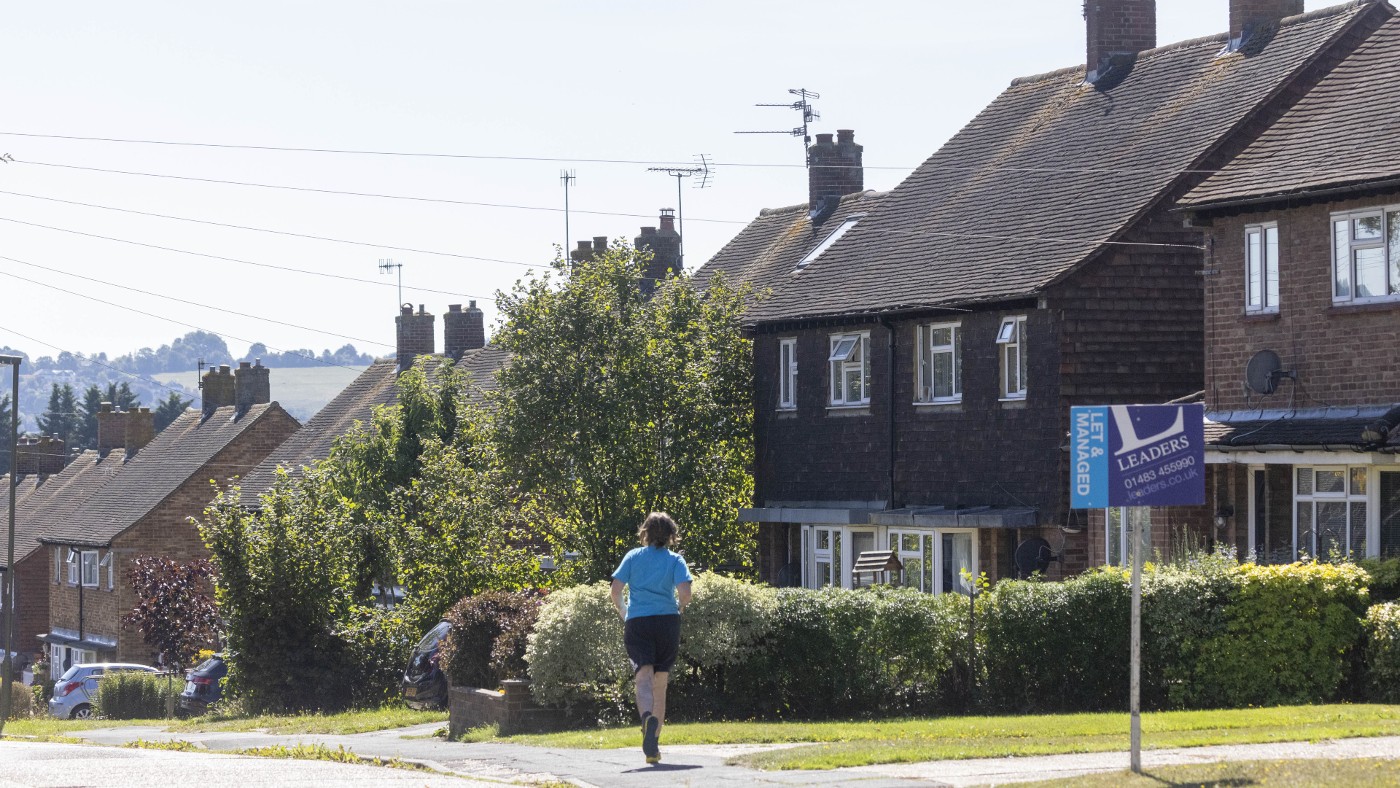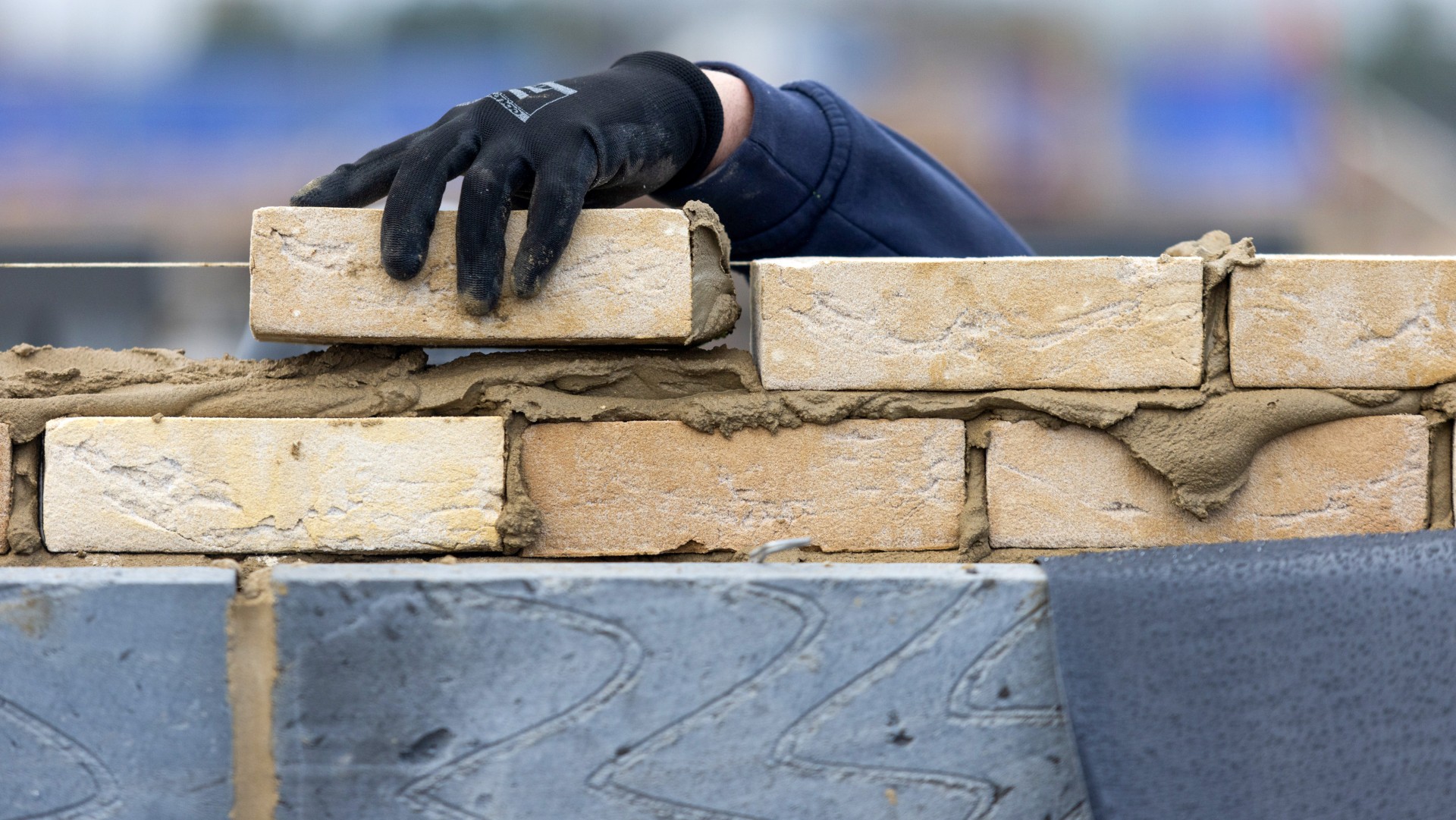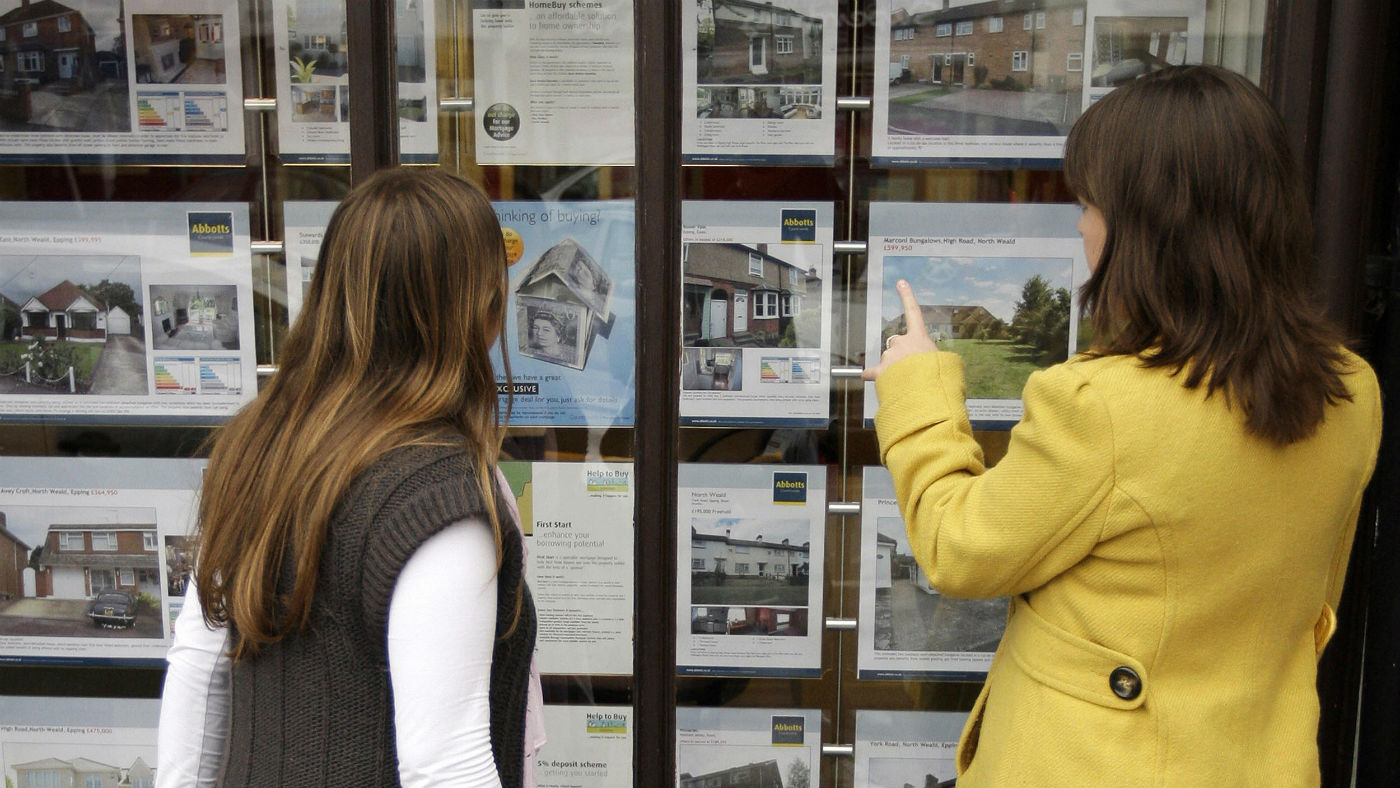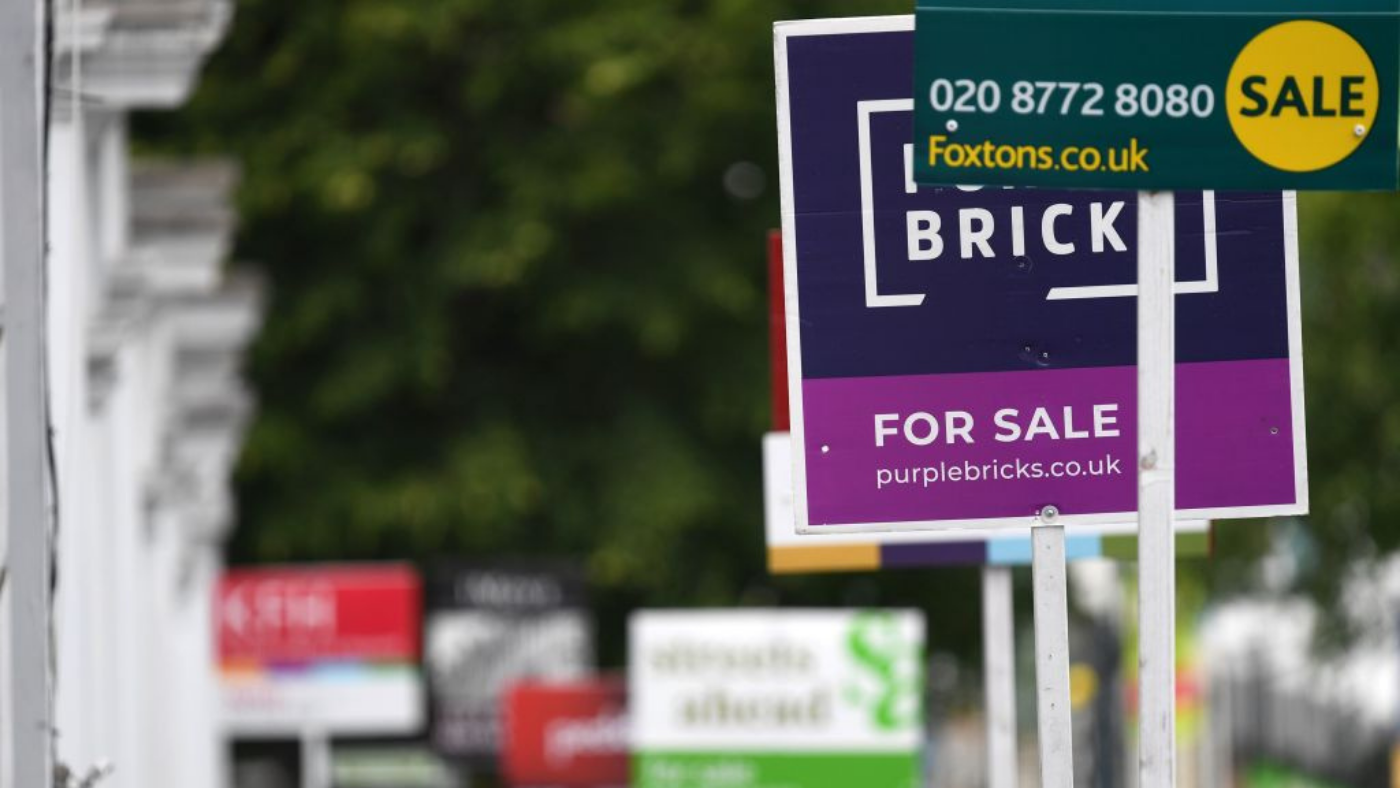How the new low-deposit mortgage scheme works
Government vows to turn ‘Generation Rent’ into ‘Generation Buy’

A free daily email with the biggest news stories of the day – and the best features from TheWeek.com
You are now subscribed
Your newsletter sign-up was successful
First-time buyers and current homeowners will be able to purchase a house with just a 5% deposit under a new government scheme that launches today.
Housing Secretary Robert Jenrick has promised it will “help families and young people get on the property ladder without the prohibitive burden of a large deposit” – turning “Generation Rent into Generation Buy”, the Evening Standard reports.
How does it work?
The Week
Escape your echo chamber. Get the facts behind the news, plus analysis from multiple perspectives.

Sign up for The Week's Free Newsletters
From our morning news briefing to a weekly Good News Newsletter, get the best of The Week delivered directly to your inbox.
From our morning news briefing to a weekly Good News Newsletter, get the best of The Week delivered directly to your inbox.
Homebuyers will be able to secure a mortgage from one of six high street lenders with only a 5% deposit. Lloyds, Santander, Barclays, HSBC and NatWest are launching mortgages under the scheme today, with Virgin Money starting in May.
The scheme is designed to increase the number of mortgage deals for people with low deposits, which have greatly reduced during the pandemic. Under the new scheme, in the event of repossession, the government would compensate the lender for a portion of the losses suffered.
Who is eligible?
According to documents released by the Treasury after Rishi Sunak’s Budget announcement in March, the scheme will be available for individuals buying a UK house to live in, rather than a second property.
A free daily email with the biggest news stories of the day – and the best features from TheWeek.com
The house must be £600,000 or less and bought with a repayment mortgage, not an interest-only one. It must also have a loan-to-value ratio of between 91% and 95%. On top of this, the lender will assess the borrower’s ability to repay the loan using its own affordability checks.
How long will the offer last?
The government has said the scheme is a “temporary measure” in response to the pandemic, so will be open only until December 2022. However, it will review this end date and extend it if necessary.
The guarantee for lenders will be valid for seven years. “Evidence shows that loans are unlikely to default after such a period has elapsed,” the gov.uk site says.
Are there any drawbacks?
According to the Financial Times, some of the banks who have signed up to the scheme have refused to lend against new-build properties, which has added to concerns that the programme will have “limited impact”.
Simon Gammon, managing partner of mortgage broker Knight Frank Finance, told the newspaper it is “ultimately a well-intentioned but probably limited in scale scheme”.
Gammon said there are fears that banks will use particularly strict affordability criteria and charge higher interest rates than products for people with higher deposits.
“A number of people will be able to take advantage of it, but not all the people the government intended to make it accessible to,” he said.
City A.M. also notes that “it comes as UK property prices continue to rise to record levels, making it harder for first-time buyers to stump up the deposit needed to own a home”.
However, Eleanor Williams, from financial information service Moneyfacts, tells the BBC that homebuyers should benefit if more lenders launch low-deposit deals. “Increased competition within the higher loan-to-value tiers will hopefully translate to more competitive rates for these borrowers,” she said.
-
 How the FCC’s ‘equal time’ rule works
How the FCC’s ‘equal time’ rule worksIn the Spotlight The law is at the heart of the Colbert-CBS conflict
-
 What is the endgame in the DHS shutdown?
What is the endgame in the DHS shutdown?Today’s Big Question Democrats want to rein in ICE’s immigration crackdown
-
 ‘Poor time management isn’t just an inconvenience’
‘Poor time management isn’t just an inconvenience’Instant Opinion Opinion, comment and editorials of the day
-
 House prices fall at fastest pace since 2009 – and more pain expected
House prices fall at fastest pace since 2009 – and more pain expectedSpeed Read Gloomy forecasts follow 4.6% year-on-year drop as higher interest rates hit the property market
-
 The pros and cons of new-builds
The pros and cons of new-buildsPros and Cons More options for first-time buyers and lower bills are offset by ‘new-build premium’ and the chance of delays
-
 Pros and cons of shared ownership
Pros and cons of shared ownershipPros and Cons Government-backed scheme can help first-time buyers on to the property ladder but has risks
-
 Affordability test scrapped: what ‘huge’ mortgage rule change means for buying a house
Affordability test scrapped: what ‘huge’ mortgage rule change means for buying a houseTalking Point Bank of England cuts red tape on mortgage approval process despite soaring inflation
-
 ‘Weakest since 2012’: UK house price average falls to £257,406
‘Weakest since 2012’: UK house price average falls to £257,406In Depth Prices down 1.1% year-on-year in February – the first annual decline since June 2020
-
 UK house prices in 2022: what the experts think
UK house prices in 2022: what the experts thinkfeature Sellers’ market, what next and mortgage matters
-
 The house price boom in five charts
The house price boom in five chartsfeature Demand continues to outstrip ‘stock-starved’ housing market
-
 Britain’s most expensive streets
Britain’s most expensive streetsThe Week Recommends New names sneak into list of priciest roads